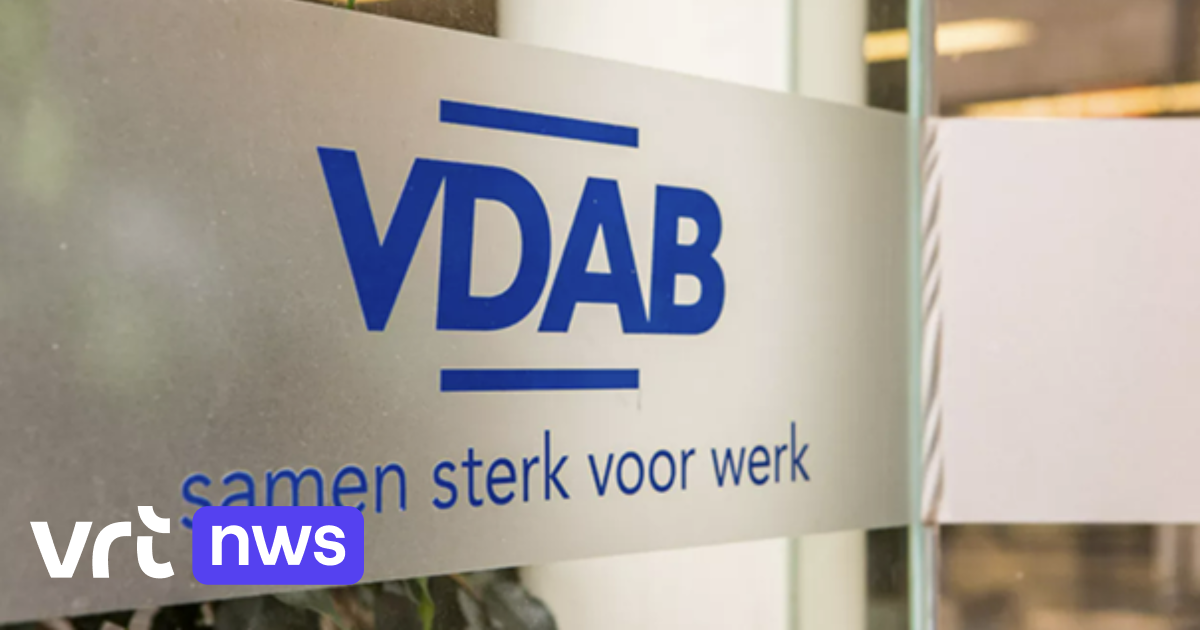The Flemish government wants to increase the employment rate to 80 per cent of the active population by 2030. To this end, it is focusing on activating job seekers, the long-term ill and the economically inactive. The VDAB, which helps job seekers find new jobs, has now adopted a stricter position.
The first figures since the start of the new government took office show that between October 2024 and July 2025, 143,580 people found work through the VDAB.
In the past months job seekers mainly found work in business, in the social services sector, in the public administration, hospitality & tourism, wholesale & retail, and the temporary employment sector.
Speeding up the help
Because the federal government has limited unemployment benefit entitlement to two years, the VDAB is also trying to speed up its guidance efforts. ‘All our efforts are aimed at informing, inspiring and helping people find a job as quickly as possible. When unemployment benefit is limited in time, this is even more important,’ says managing director Wim Adriaens.
‘That’s why we are contacting job seekers more quickly,’ adds VDAB spokesperson Joke Van Bommel. ‘Since July, we have also been scheduling extra interviews so that we can inform job seekers about the time limit on unemployment benefit and make them an offer in good time.’ The VDAB is also working on shorter and more modular training courses. ‘We are doing everything to ensure that we can help people find a job as quickly and smoothly as possible.’
1 in 3 did not receive unemployment benefit
In addition to people receiving unemployment benefits, the VDAB also assists “economically inactive” people in finding work: people who were not working and were not looking for a job before registering with the VDAB. This includes people receiving minimum income allowance, sickness benefits or people on no benefit at all. And strikingly, one in three job seekers who found a job through the VDAB in the past ten months was economically inactive and therefore did not receiving unemployment benefit.
‘These figures show that the VDAB is already prepared to support groups that will become more important in the future, especially when unemployment benefits are limited in time,’ says Van Bommel. ‘Then those people will probably no longer receive minimum income allowance, sickness benefits or any benefits whatsoever, but may still want to take steps towards finding work. We want to continue to motivate and attract this group to find a job.’
The VDAB also works with other specialised institutional partners like local social services, the OCMW and the health insurance, the RIZIV, to support people who are not in employment. These partnerships may be further expanded in the future, for example for job seekers with health or welfare problems.
